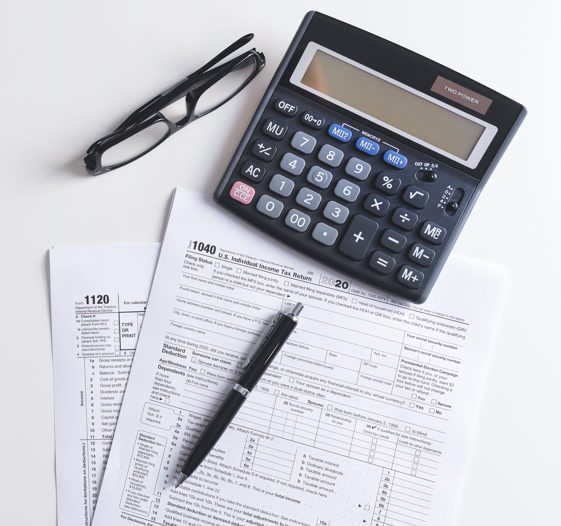The legal profession is diverse and includes sole traders and small practices all the way through to complex national partnerships.
Because of this, the Australian Tax Office (ATO) knows that there’s no “one size fits all” approach to tax management for legal practitioners.
Even so, there’s a range of key fundamentals the ATO can help you get right, wherever you’re located, whatever kind of law you practice, and whatever the structure of your firm.
Allocating income/profits
There are rules for transferring or allocating income/profits from your practice to other individuals or entities.
If you run your practice through a company or trust and provide services yourself, this income may be personal services income (PSI) and you may be subject to the personal services rules. PSI is when more than 50% of the income you’ve received from a contract is payment for your personal efforts or skill, rather than being generated by the use of assets, sale of goods or from a business structure.
For more information on PSI visit the ATO’s Personal service income resource.
Alternatively, practical compliance guideline PCG 2021/4 applies if you’re a legal practitioner in a professional firm and you redirect income from a business or activity that includes your professional services to an associated entity to significantly reduce your tax liability.
For more information on PCG 2021/4 – how it’s relevant to your tax management and how the ATO may assess your risk – see the ATO’s Professional firms page. It’s a key element of your tax obligations that you’ll want to get right.
If you’re providing advice to your clients in this area, it’s important that they get it right too.
Record keeping
It might seem obvious, but better record keeping leads to better tax management. Sometimes, even the most sophisticated legal practitioners and specialists can push this aspect to the background or make common record-keeping errors.
The ATO’s Record keeping for business hub provides direct links to all the information you’ll need to maintain accurate and complete records for lodgment. For example, make sure you’re on top of the five rules for record keeping:
- Keep all records related to starting, running, changing, and selling or closing your business that are relevant to your tax and super affairs.
- Don’t change any relevant information in your records and store your records in a way that prevents information being changed or the records damaged.
- You’ll need to keep most records for 5 years.
- You need to be prepared if the ATO asks to see those records.
- Your records must be in English or easily able to be translated into English.
Making sure you’re keeping complete and accurate records – preferably in digital format – won’t just help you with your tax. It’ll also set you up for better financial management for your business.
Areas of focus for professional firms in 2025
The ATO is clear about what they’ll be paying attention to over the next 12 months. These are the areas of tax practice you need to understand and comply with:
- Lodge your tax returns – complete, accurate, and on time. This is essential and not just an afterthought or secondary consideration.
- If you are a partner in a professional firm, make sure you provide the information to complete the statements of distributions for the partnership and service trusts. This includes your tax file number, date of birth, address and if an entity is receiving the distribution their name and Australian business number. If anything changes, ensure you notify the professional firm.
- Report your income correctly and at the right label. To help you do this, know what entity type is making the distribution to ensure that you report the distribution at the right label. If the distributing entity is a
- Partnership, report at 13O for individuals, 6D for companies and 8R for trusts
- trust, report at 13U for individuals, 6E for companies and 8R for trusts.
- If you have a company in your structure, Division 7A may apply. Don’t fall prey to the common myths and misunderstandings of Division 7A. For example, be absolutely certain of the distinction between your business’s money and your money. Blurring those lines can lead to tax consequences you aren’t expecting.
You can keep ahead of the issues that are of importance to the ATO and your practice by subscribing to its fortnightly Business bulletins newsletter and alerts.
Having your own tax affairs up to date and in order helps your practice stay on track and minimise audits, liabilities, and damage to your professional reputation. At the same time, as legal practitioners (in some cases specialising in areas of tax law) you set an important standard for your clients.
The ATO is committed to supporting you with the information and resources you’ll need to lead the way in tax management. But bear in mind that it also has a legislative requirement to administer the taxation system fairly, reassuring the community that everyone – including those of us in the legal profession – are complying as they should and paying the right amount of tax.



